Sport, Health & Wellbeing
UC’s Allied Health community: Care, connection and learning
It’s Allied Health Professionals Day today, an international day of celebration recognising the important role played by the Allied Health (AH) community in providing care, treatment and support for the community.
“AH professionals aim to prevent, diagnose and treat a range of conditions and illnesses and often work within a multidisciplinary health team to provide the best patient outcomes – in many cases, AH interventions can reduce or remove the need for medical interventions,” says Linda Smillie, Dietetics Clinical Educator at the University of Canberra Nutrition and Dietetics clinic.
The Nutrition and Dietetics clinic is just one of the student-led clinics located at UC’s Health Hub and at the Canberra Specialist Medical Centre. These provide both AH services for the community and opportunities for student placements, providing learning and practical experience.
Already providing evidence-based, community-focused care, AH professionals have also joined the frontlines of the COVID-19 pandemic this year, playing a crucial part in the recovery of survivors, both physical and mental.
Meet some of the dedicated individuals from UC’s student-led clinics, as they share their thoughts on the importance of AH, their clinics – and the passion for their profession that drives them every day.
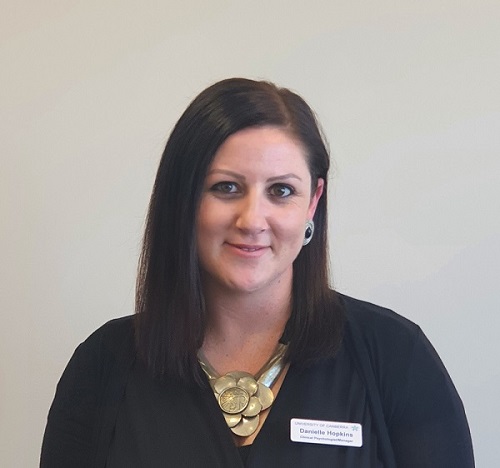
Danielle Hopkins, Manager
Psychology clinic
At the UC Health Hub, students are involved in a unique, multidisciplinary learning environment where they develop as psychologists under direct supervision, while being exposed to other AH professionals and students. Provisional psychologists engage with Interprofessional Learning (IPL) activities throughout their year of supervised practice, to become familiar with other AH roles. These experiences are an important aspect of students’ training and their future careers, given that AH professionals often work in unison to deliver evidence-based treatment.
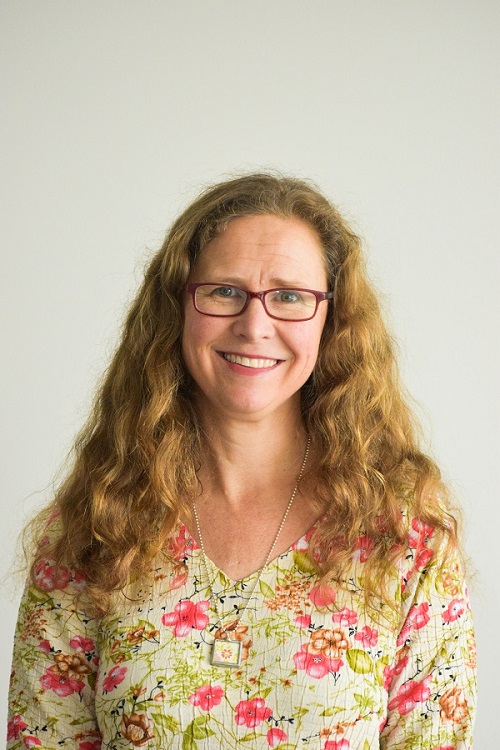
Jacqui Etherington, Clinical Educator
Occupational Therapy clinic
I chose to be an Occupational Therapist because I wanted to make a positive contribution to society, and support individuals and communities to reach their full potential. Occupational therapists take a holistic approach, considering individuals’ physical, psychosocial and environmental needs. I love the fact that we often have to think creatively to come up with solutions to help individuals, groups, and communities engage in the occupations they need to, want to or are expected to. Occupational therapists work with people at all stages of life, but the UC Occupational Therapy clinic is specifically focused on working with children and helping them to engage in the things that are meaningful to them such as play, self-care, and participating in school or home-based activities.

Tina Jong, Lead Clinical Educator
Optometry clinic
AH professionals are health practitioners working collaboratively to assist the community with diagnosis, therapeutic and rehabilitative management in their respective fields. The optometry profession has given me perspective on integrating and expanding my knowledge in eye health through research and further studies, to better manage and educate patients and the community on eye conditions. The UC Optometry clinic is a place for learning – whether you are a student, clinician or client, the clinic incorporates up-to-date technology, research and collaboration with other health practitioners to assist with the diagnosis and management of eye and other health conditions.
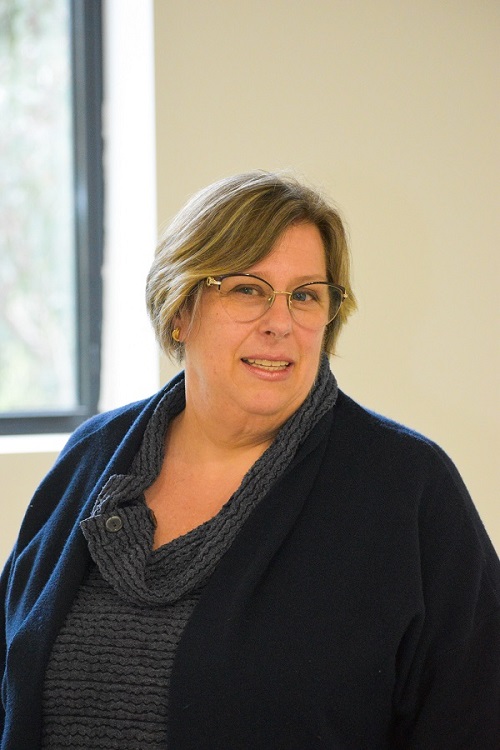
Milli Blenkin, Discipline Lead in Counselling
Counselling clinic
The UC Counselling clinic is a student-led counselling service providing low cost, professional and confidential counselling to students and the wider community. Our counsellors are postgraduate counselling students, with hands-on clinical experience in counselling, and they are closely supervised by qualified counsellors. Counsellors can provide online or face-to-face appointments and utilise a wide range of interventions and strategies to support clients to overcome current problems, crises and long-term challenges. Talking to a counsellor can give you support, so you can tackle difficult problems and issues and find ways to solve or come to peace with them.
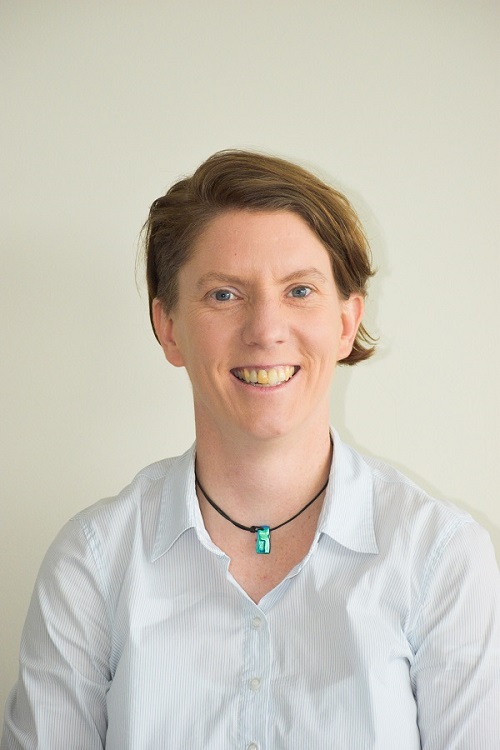
Allyson Flynn, Lecturer in Physiotherapy
Physiotherapy Parkinson’s clinic
A vital part of the healthcare system, AH professionals provide evidence-based practice to help prevent, diagnose and treat a range of conditions and illness. I work as a physiotherapist, helping people who have neurological conditions; I chose this role because I wanted to help others to be able to participate in their community. Often the smallest things can make a difference to someone’s life – things like being able to stand up from the couch or turn around safely in the kitchen.

Peter Johns, Clinical Educator
Exercise Physiology clinic
The UC Health Clinics student-led Exercise Physiology clinic provides a low cost service to members of the community looking to improve their health and fitness. When participants provide feedback on the EP service, something they all mention is the quality of the service, regardless of the cost – it’s something that the students all take pride in. While on placement, students are also given early exposure to the other Allied Health disciplines operating within the clinic – this enables them to discover what the disciplines involve, how they complement their own and how they can benefit an individual’s overall wellbeing.

Linda Smillie, Dietetics Clinical Educator
Nutrition and Dietetics clinic
Dietitians are experts in food and nutrition. We provide guidance about how to appropriately manage diets and nutrition for people who may be affected by health conditions such as diabetes, overweight and obesity, cancer, heart disease, renal disease, gastrointestinal diseases and food allergies. A dietitian can help maintain health and reduce the risk of developing chronic disease.
At the UC Nutrition and Dietetics clinic we offer services to staff, students and the public requiring dietary assessment and advice. Patients are treated by a Master of Nutrition and Dietetics student who is fully supervised by an experienced qualified dietitian and receive thorough, high quality and personalised care. Our supervisors and students translate the latest evidence-based research into individualised dietary advice.
After 27 years of being a dietitian, I still love what I do – I love food, I love talking to people, and I always wanted to be in a caring, evidence-based profession.
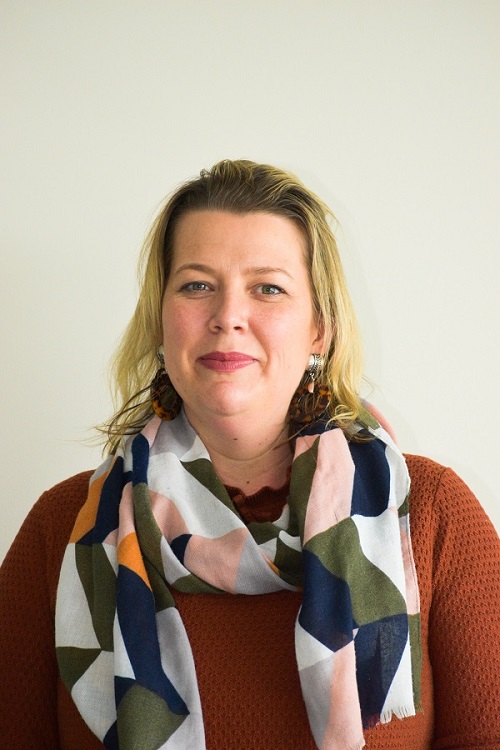
CaraJane Millar, Clinical Coordinator
Speech Pathology clinic
“A speech pathologist is a health professional with expertise in assessment and management of communication, feeding and swallowing. We work across the lifespan. I chose to be a speech pathologist a long time ago, because I wanted to help people communicate.Communication is a basic human right, and I love working with people to help them be who they are! Plus, as a speech pathologist who works with kids, I get to play lots of games and have fun all day. It can be hard to see a speech pathologist in Canberra, so we are fortunate to have an onsite clinic here at UC.”

Melanie Moore, Clinical Supervisor in Exercise Physiology
UC Cancer Wellness Centre
Helping people has always been important to me, so I turned it into a career. Being an AH professional allows me to be part of one of the pillars in patient care. It’s a unique and necessary sector, supporting patient care across a pretty vast healthcare spectrum – including prevention, acute care, chronic disease and multimorbidity management. I am an exercise physiologist, working at the UC Cancer Wellness Centre – we prescribe exercise as a form of treatment, before, during and beyond cancer treatment to help mitigate other treatment-related side effects and improve patients’ health, function and quality of life across the entire cancer treatment continuum. We also extend support to the patient’s carer. We operate as a multi-disciplinary clinic, so the AH team works collaboratively where necessary with a patient’s cancer treatment team to promote positive patient outcomes. The clinic is also a fundamental site for student learning, preparing the next generation of AH professionals.
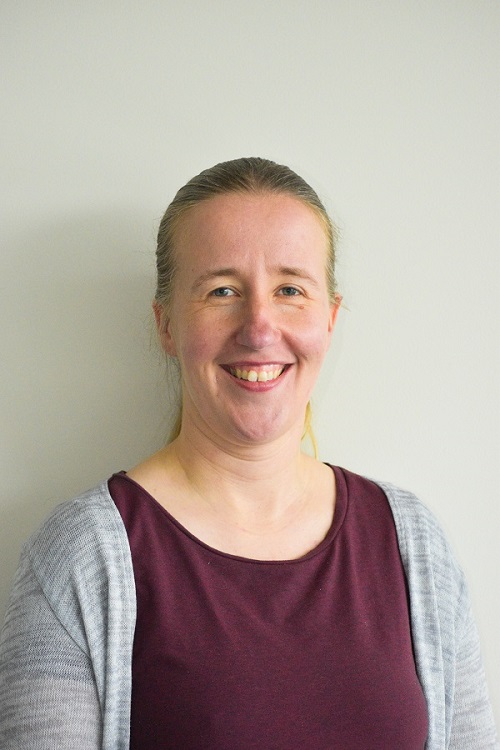
Luise Hollman, Lead Physiotherapy Clinical Educator
Physiotherapy clinic
I love being part of such a dynamic and versatile group of professionals. AH professionals can provide holistic, client-centred care along each step of the care continuum, from acute care to community health and primary prevention. At the UC Student-Led Physiotherapy clinic, we provide services to the Canberra community while training the next generation of physiotherapists. Our students gain experience by providing direct patient care under the supervision of experienced physiotherapists. Placing the client at the centre of all assessment and treatment decisions, collaborating with other members of the healthcare team, and honing their own clinical skills are just some of the things we want our students to develop during their clinical placement.
Compiled by Suzanne Lazaroo. Photos by Madeleine Wood, and supplied.